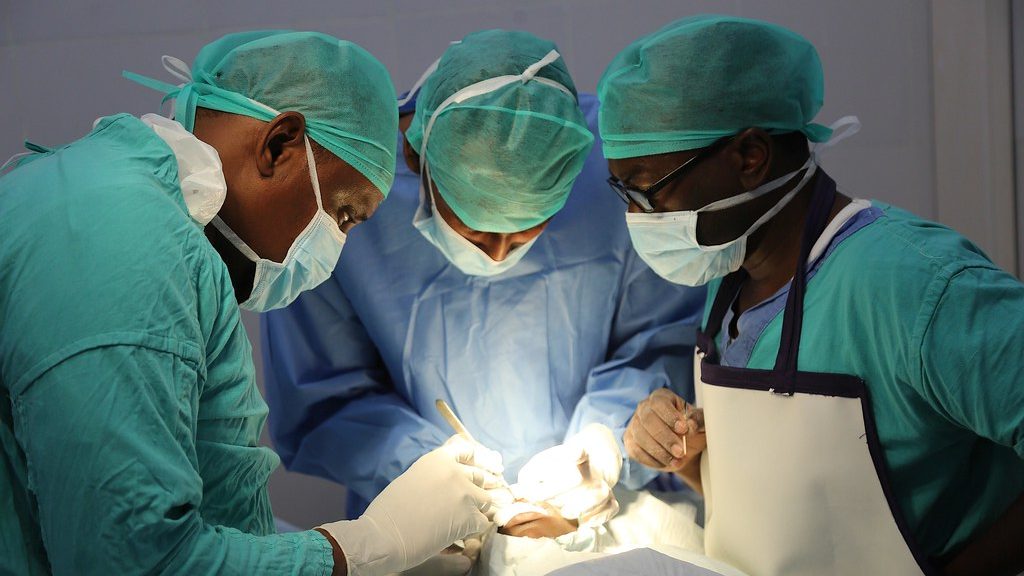Waterloo Region hundreds of nurses in the hole
Posted May 11, 2022 05:21:31 PM.
Whoever wins the June election in Ontario is going to need to act fast to shore up the province's nursing stock.
That's the message from the union representing Ontario nurses which says the province continues to bring up the rear.
“Ontario has the worst [registered nurse] to population ratio in Canada and has had for the better part of a decade,” said Erin Ariss, Ontario Nurses' Association's Region 4 Vice-Present.
The problem, not a new one, but certainly made worse through the pandemic with nurses growing increasingly tired and being pushed to a breaking point.
The conservative estimate is that Ontario needs to add 22,000 new nurses to put us on par with other provinces though ONA suggests that number is actually closer to 30,000.
“Regionally, what we're seeing here in Waterloo Region is that we're hundreds of nurses short,” said Ariss.
She says there are roughly 140 RN vacancies at Grand River Hospital, 64 at St. Mary's Hospital, and close to 90 at Cambridge Memorial Hospital and, according to a recent survey of ONA members, these numbers could continue to grow.
“600 registered nurses signalled their intention to either retire early or leave the profession altogether,” Ariss said. “It's the worst we've ever seen it.”
Members say the main reasons for wanting out include the province's wage cap bill, workloads, disrespect, and burnout, and Ariss says the impact is critical.
“We rely on experienced nurses to transfer their knowledge to novice nurses, that is actually an expectation of the College of Nurses,” she said. “So when you can't retain your experienced nurses and you can't educate and mentor your novice nurses, you're in a real predicament.”
“This is not something that is new but it is certainly at a breaking point.”
She says if the nursing shortage continues to worsen, patients will see the effects when it comes to their care.
“Our members try their best but it is not possible when they're running at 50 per cent staffing,” Ariss said. “So what it means to patients is you will expect, all of us will, longer wait times and certainly worse outcomes and increased risk of complications.”
“And, as I've said before, this can also result in death.”
She says the next provincial government needs to act on a wide variety of issues to correct this including repealing Bill 124, fast-tracking internationally-educated nurses, a shift from hiring part-time to full-time nurses, developing a retention strategy, increasing the number of new nurses trained at Ontario universities, accessible in-person mental health supports, better access to appropriate personal protective equipment, paid sick leave for part-time RNs, and more.
“We want to be solution-focused and we're ready to come to the table.”










